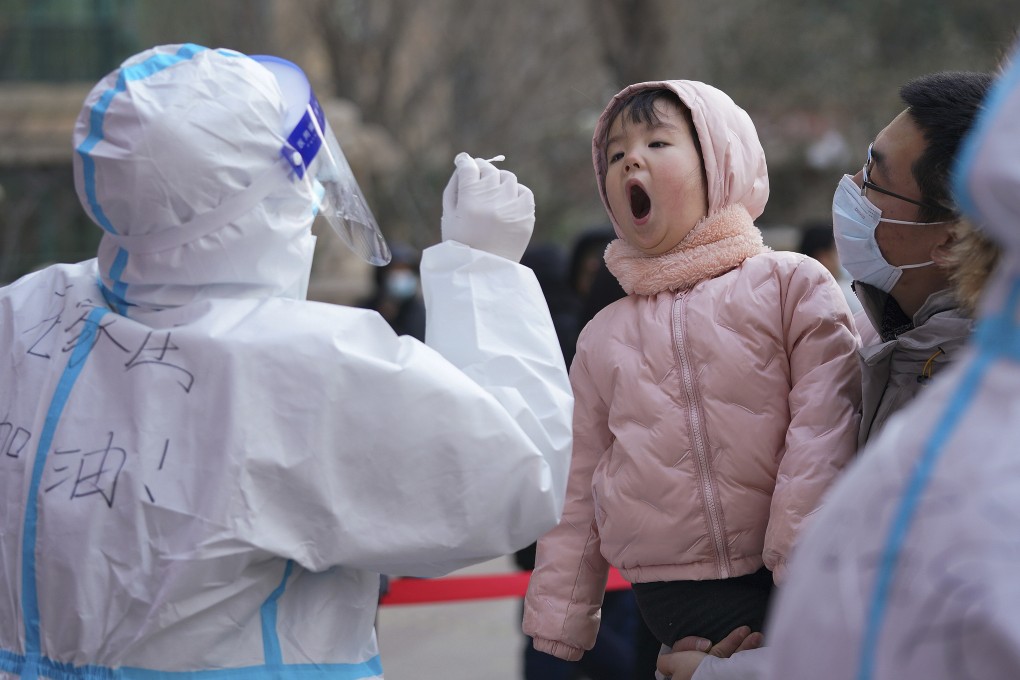China needs ‘key reforms’ to support transition to high-quality growth, IMF says
- Property deleveraging and Beijing’s regulatory tightening on Big Tech have increased policy uncertainties, and the IMF says financial risks should be clearly addressed
- It also echoed growing concerns from domestic analysts and foreign investors about China’s quarterly declines in GDP growth

Beijing has been urged to implement more supportive policies amid risks and uncertainties surrounding the pandemic, consumption and financial vulnerabilities, the International Monetary Fund (IMF) said on Friday.
“China’s recovery is well advanced, but it is unbalanced and the momentum is slowing, even as downside risks are accumulating,” said Geoffrey Okamoto, the IMF’s first deputy managing director.
His comments were made after the conclusion of this year’s Article IV consultation and performance assessment – an annual performance assessment of countries’ economic and financial developments, as well as their financial policies.
“To secure growth that is balanced, inclusive and green, macroeconomic policies need to be supportive,” he said.
The Washington-based organisation estimated in its October edition of the World Economic Outlook that China’s gross domestic product (GDP) will grow by 8 per cent this year and 5.6 per cent for 2022. The estimates were each lowered by 0.1 percentage point from the July edition.